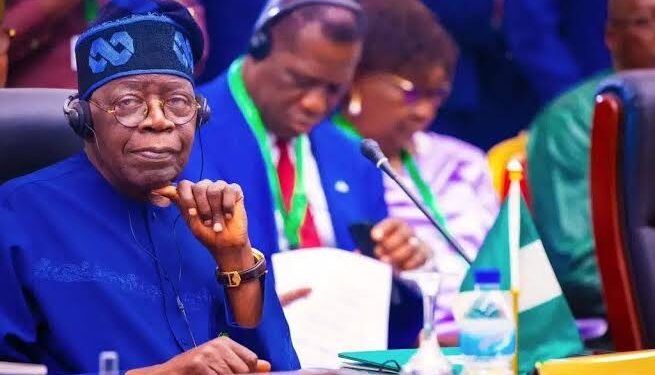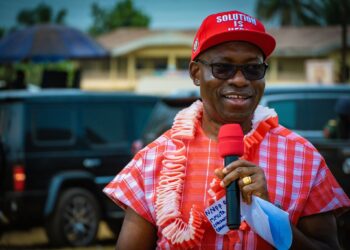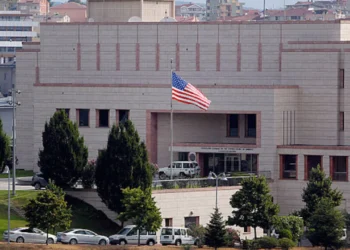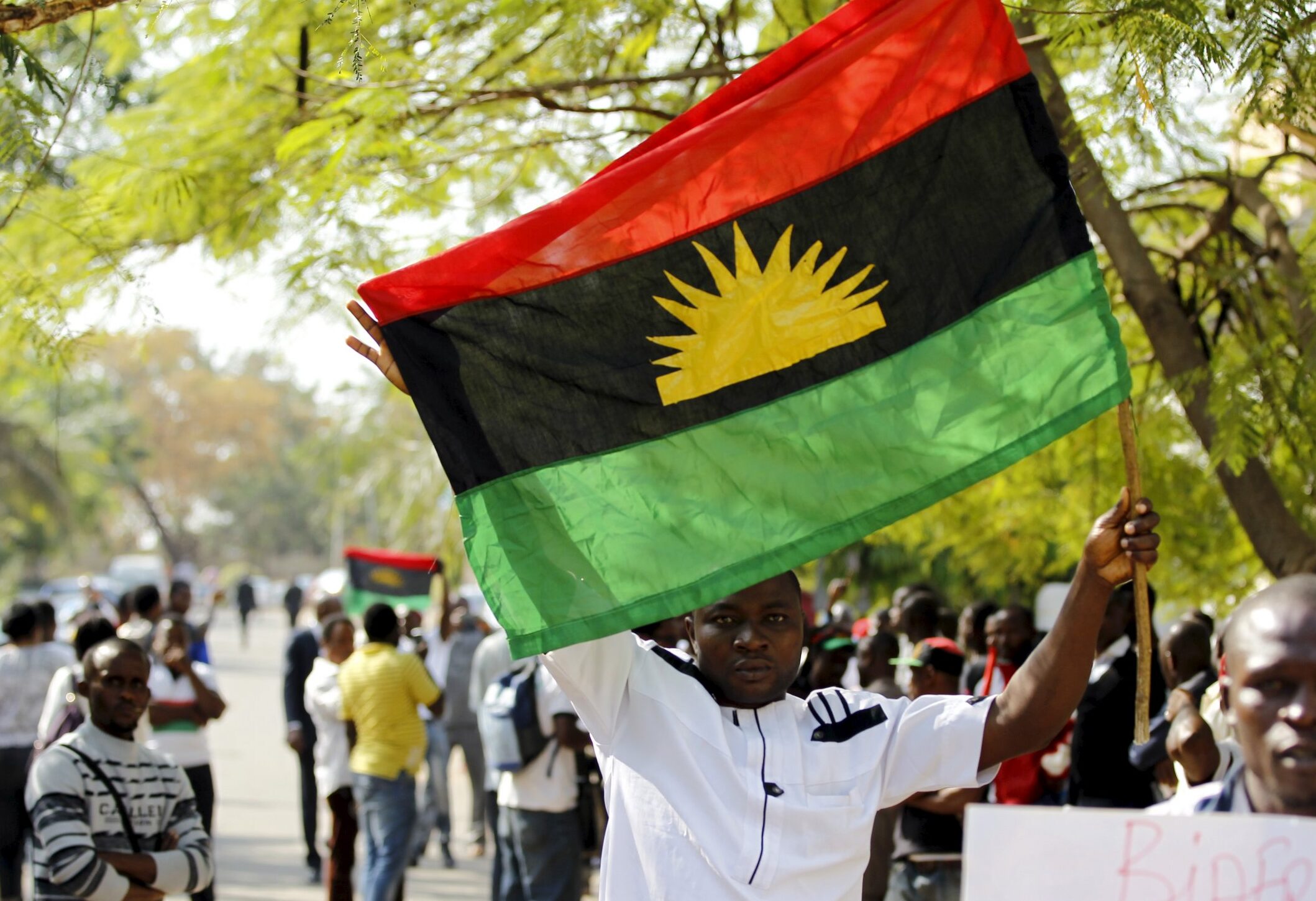The Economic Community of West African States Parliament is increasing diplomatic efforts to keep Niger, Mali, and Burkina Faso from quitting the continental group.
Benjamin Kalu, Deputy Speaker of the House of Representatives, acknowledged that parliamentary diplomacy procedures are being used to engage the three states, underlining the necessity of unity within ECOWAS.
On Saturday, August 17, 2024, he spoke with journalists in Abidjan, Ivory Coast, on the margins of a meeting of the parliament’s Joint Committee on Administration, Finance, Budget, Public Accounts, Macroeconomic Policy, and Economic Research, of which he serves as Chairman.
Kalu guaranteed that letters had been issued to the governments of the countries in question, and that legislative representatives would be visiting shortly
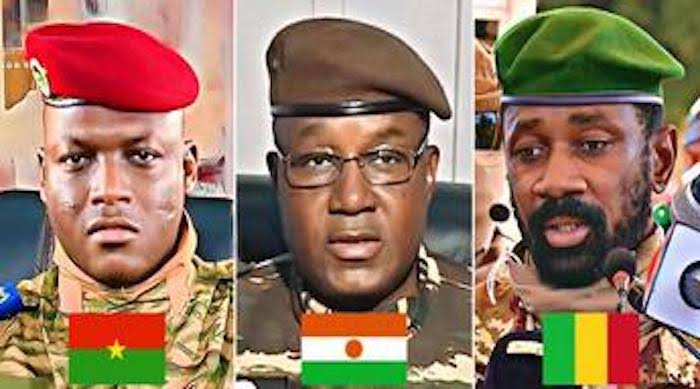
He expressed confidence that talks would result in their reinstatement into the regional body. “There are existing systems in existence, such as parliamentary diplomacy, to contact them.
“Letters have been addressed to them, and several of us will shortly be visiting those nations to engage the heads of government.
“We will open the doors for them to return to the family; we need them.
“We will tell them, for instance, that, granted, maybe they were offended by one or two things, but let us sit down again and discuss,” the speaker’s deputy stated.
Kalu further stated that even in the worst-case scenario, if the three countries left, ECOWAS’ financial stability would be unaffected. He highlighted the organization’s various financial streams, which include the Community Levy and contributions from development agencies.
“There are numerous other sources. So we want to make sure we streamline things and know where the money is coming from.
“If these are insufficient, we will expand because there are so many development agencies and people that are interested in the sub-region. “There are multiple ways of raising funds for the parliament, as well as the community,” he informed me.
In addition to addressing prospective exits, the ECOWAS Parliament is advocating for reforms to increase legislative independence.
Kalu, who also chairs the House of Representatives Constitutional Review Committee, believes that ECOWAS regulations should be updated to reflect the changing political scene. The suggested reforms would strengthen the separation of powers and increase the institution’s legitimacy on the world stage.
“Rightly said, we need to alter the Supplementary Act. “The protocols that established the ECOWAS Commission and Parliament must be rewritten. “This is because these laws are not cast in stone; indeed, no law is cast in stone,” the two-term member (APC-Abia, Bende Constituency) explained.
Since January 28, 2024, when the military juntas in Mali, Burkina Faso, and Niger declared their decision to depart from ECOWAS, the regional organisation has attempted to negotiate their readmission through sanctions easing and invitations to technical meetings.
However, these endeavours have resulted in silence.
In Essence
ECOWAS’s efforts to prevent the withdrawal of Niger, Mali, and Burkina Faso reflect the organization’s commitment to maintaining regional unity and stability. The use of parliamentary diplomacy, as highlighted by Deputy Speaker Benjamin Kalu, shows a strategic approach to engaging these nations, emphasizing dialogue and negotiation over confrontation.
The potential withdrawal of these three countries poses significant challenges to ECOWAS, not only in terms of regional cohesion but also in addressing security, economic, and political issues that affect the entire West African region. Their exits could further destabilize an already fragile region, especially given the ongoing security concerns related to insurgencies and military coups.

